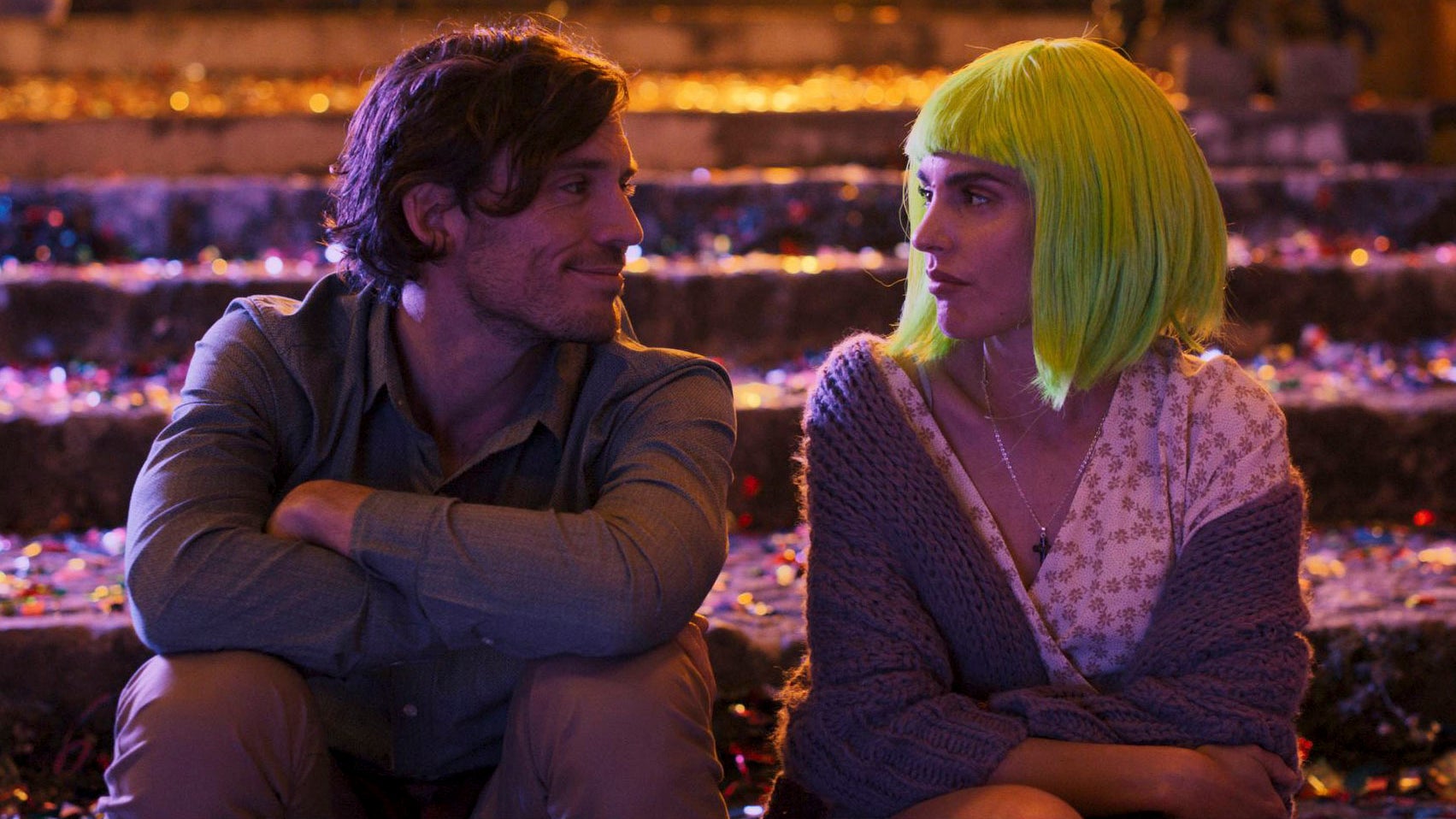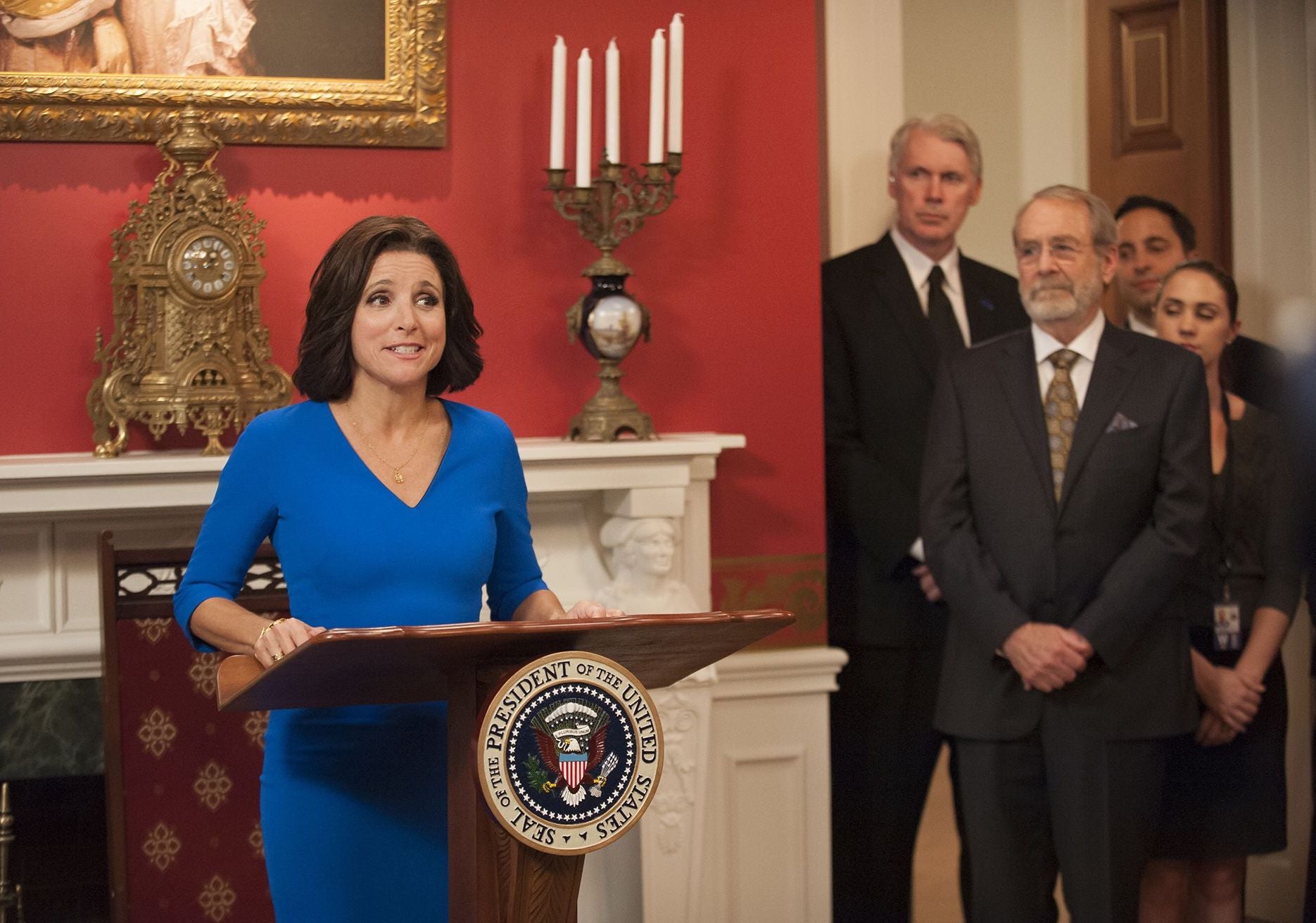David Quantick: ‘A good romcom is about sparring’
Exclusive: The comedy writer has put the edgy wit he usually applies to shows such as ‘The Thick of It’ and ‘Veep’ into a charmingly feelgood romantic comedy. It turns out he has always loved them, finds Nick Duerden


Your support helps us to tell the story
From reproductive rights to climate change to Big Tech, The Independent is on the ground when the story is developing. Whether it's investigating the financials of Elon Musk's pro-Trump PAC or producing our latest documentary, 'The A Word', which shines a light on the American women fighting for reproductive rights, we know how important it is to parse out the facts from the messaging.
At such a critical moment in US history, we need reporters on the ground. Your donation allows us to keep sending journalists to speak to both sides of the story.
The Independent is trusted by Americans across the entire political spectrum. And unlike many other quality news outlets, we choose not to lock Americans out of our reporting and analysis with paywalls. We believe quality journalism should be available to everyone, paid for by those who can afford it.
Your support makes all the difference.Unlikely as it may seem, David Quantick, the writer who once penned comedy sketches for Spitting Image and jokes about paedophiles for Brass Eye, is also the writer of this year’s most feelgood romantic comedy.
Released in time for Valentine’s Day, Book of Love – not to be confused with the 2016 film of almost the same title, The Book of Love, which starred Ted Lasso’s Jason Sudeikis and received a crushing 8 per cent rating on Rotten Tomatoes – is the charming tale of a man and a woman whose initial enmity for one another ultimately softens, like ice cream in the sun, into gloopy attraction.
It concerns a quintessentially uptight man, in this case a British man, Henry (played with maximum cheekbones by Sam Claflin), the author of a rather stodgy novel called The Sensible Heart, which dies an instant death upon its UK publication. When the book is a big hit in Mexico, Henry is surprised; he didn’t even know it had been translated.
He’s duly sent there on a publicity tour, where he is appalled to learn that his book has become, to all intents and purposes, an iteration of Fifty Shades of Grey, his translator Maria (Veronica Echegui) having rewritten the boring parts and transformed it into a bonkbuster. A sample line now runs: “They were naked, magnificent. They made love like two dragons exploding in the flames of a volcano.”
In many ways, Book of Love does everything a solid romcom should do. Henry and Maria spend much of the film bickering and squabbling and standing very close to one another. Close your eyes, and it could be Cary Grant stuttering all over Katharine Hepburn in Bringing up Baby.
“A good romcom means great dialogue,” says Quantick, on Zoom from his home in Hastings. “It’s part of a long tradition. Ever since Shakespeare’s Beatrice and Benedick, or whatever they were called (in Much Ado About Nothing), a good romcom is about sparring. Two people who fancy each other and spar is funny. Two people who want to go to bed with each other but don’t get on is funny.”
And Book of Love is funny. Before this unexpected turn in his writing career, David Quantick’s stock-in-trade tended towards reliably scabrous barbs. He’s a former NME journalist whose features dripped with sardonic asides; his primary concern, it always seemed, was more to make people laugh than to inform them about the intricacies of the new Ned’s Atomic Dustbin album.
But music journalism was never going to detain him for too long, or at least, not exclusively. In a career now into its fifth decade, he has since written television scripts for The Day Today, Blue Jam and TV Burp. He has collaborated on a play with Mike Batt, the man who made The Wombles sing, and has published guides on how to write “everything”.
“I suppose,” he says, “I’ve had a pretty random CV.” A moment later: “I’ve been eclectic.”
In person, or at least via a computer screen, Quantick doesn’t disappoint. He is as manifestly deadpan as his prose; a man who speaks with a mostly figurative, rather than literal, arched eyebrow. If eclecticism is the reason for his success, then it’s not so surprising that he has now turned his hand to romcom; more so is the fact that it’s taken him so long to get here. Turns out he’s always been a fan.
“What I like about them most, I think,” he says, “is that they’re about real relationships, not about people flying through the sky or looking forward to being turned into a range of plastic figures.”

The idea for Book of Love first came to him a decade ago while having a drink with a translator. “I started thinking: what if someone wrote a dry book that, once translated, became a sex book? What if the original source became, in its translation, a completely different thing?”
He took the script to a producer, Michael Knowles, with whom he’d collaborated previously on many projects, not all of which had reached the screen. “Yet,” Quantick corrects: “They haven’t reached the screen yet. No film project is ever finished. They just go on and on until, finally, they do make it.”
Book of Love made it, eventually. It was filmed last year by the Mexican director Analeine Cal y Mayor (who is listed as the screenplay’s co-writer). Because of Covid, Quantick was unable to go to Mexico to watch his dream realised, but was sent regular rushes via email. In Hastings, where it was frequently overcast, with rain threatening, he liked what he saw. “I’m sounding like a poster quote now, but some of it brought me to tears,” he says. “It did.”
Perhaps he experienced a certain relief, too. The romantic comedy genre remains a problematic one. For every shining example (When Harry Met Sally…), there are many absolute stinkers (Jason Sudeikis’s The Book of Love, for one). Quantick, avid student that he is, believed he knew how to avoid a stinker.
“I’ve seen many that seem to suggest, in the way they’re made, that anyone can do this. I won’t name names,” he says, disappointingly, “but, you know, they’ve seen a Richard Curtis, and think they can do it too. But you can’t. You can’t copy Richard Curtis, you can’t copy Nora Ephron, and with Book of Love, I didn’t even try.”

David Quantick was born in 1961, and was raised in Plymouth. He wrote for the NME in his early 20s, but music journalism for him was only ever a stepping stone.
“I was in Paris, on my 30th birthday, interviewing [early Nineties indie act] Thousand Yard Stare, and, no offence to them, but I wasn’t interested in what they were saying. I wanted to say my own stuff.”
He’d recently been invited by Armando Iannucci to contribute to Iannucci’s Radio 4 show On the Hour, and has been writing for him ever since, most recently on the TV series Avenue 5, which stars Hugh Laurie in space, and Veep, for which he won an Emmy in 2019.
Quantick always knew he was funny. He once admitted that, on finding himself in a room alongside Steve Coogan, Stewart Lee and Chris Morris, he had considered himself “the most talented person there”. He soon realised otherwise, adding: “I was wrong. I always thought I was mostly composed of fat and gristle, but it seems I am in fact made entirely out of luck.”
A certain humility has been in place ever since. When you’re lastingly successful, you no longer have to crow about it. “By the time you find yourself working in America, for decent money, and writing for someone like Julia Louis-Dreyfus,” he says of his time on the mercurial Veep, “you can’t quite believe you’re in the same room as her. It’s just such a nice place to be.”
That early bullishness was nevertheless necessary. “You’d be on £30 a day, you’d be fighting for scraps. But later, writing for Armando, and for TV, was far more pleasant, and collaborative. It was no longer about penis-waving. It was more like taking your packed lunch to school and sharing it out. ‘What you got?’ ‘I’ve got a banana.’ ‘Ooh. I’ve got a Yorkie…’”
He went on to write for Harry Hill’s TV Burp for several years.
“I remember a meeting with Harry once where I pitched something, and he just looked at me and said: ‘Is that it? Is that your joke?’” He pauses. “I felt very bad.”
Book of Love doesn’t necessarily suggest a new direction for Quantick. It’s more a continuation for someone who is not content simply to add strings to his bow, but wants to get more bows. He lives with his wife and two young children by the sea, and each morning he sits before his computer to see where his writing might take him next. He pens a regular column for Record Collector magazine, and has recently published a “quite” difficult quiz book. He’s also just completed a children’s book.
“I’m working on someone else’s horror film, and have my own horror film project, Vampire Monsters and Zombie Rockers, that I still want somebody to make.”
I wanted to write the bitchiest thing imaginable
He’s written the second instalment of Whatever Happened to Baby Jane Austen, a radio series for French and Saunders, “a tribute to screwball comedies like All About Eve, and also a tribute to the Collins sisters, Jackie and Joan,” he says. “Basically, I wanted to write the bitchiest thing imaginable and, thanks to French and Saunders, it’s happened.” He’s also adapting his 2019 novel All My Colours, about a man who remembers a novel that may not exist, into a screenplay for Liberty Films, Duncan Jones’s company (Jones is David Bowie’s son), and later this year, he publishes another novel (his seventh), Ricky’s Hand. It’s not a romantic comedy.
“No, it’s an Elmore Leonard-style story about a man who wakes up with someone else’s hand on the end of his arm.” He says this typically straight-faced, but an eyebrow extends a millimetre or two above the frame of his glasses.
“A lot of people explode in it,” he clarifies.
‘Book of Love’ is on Sky Cinema from 12 February



Join our commenting forum
Join thought-provoking conversations, follow other Independent readers and see their replies
Comments